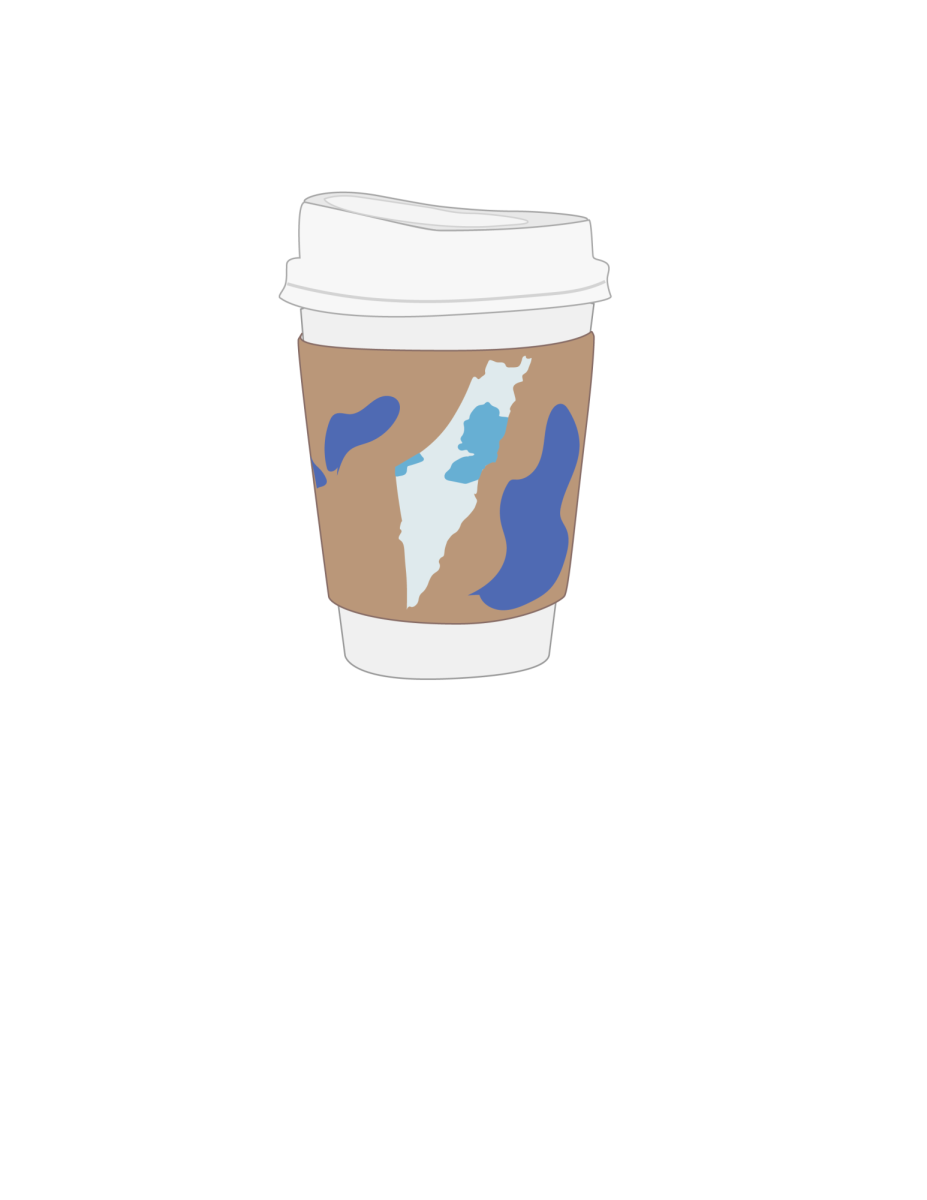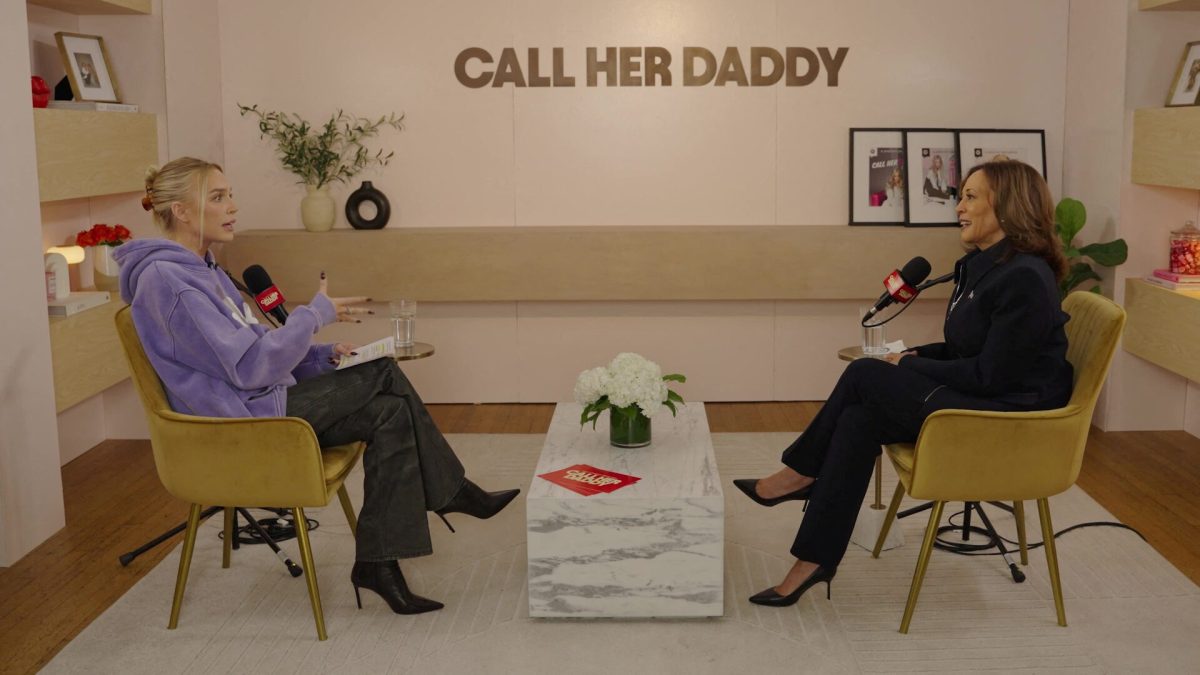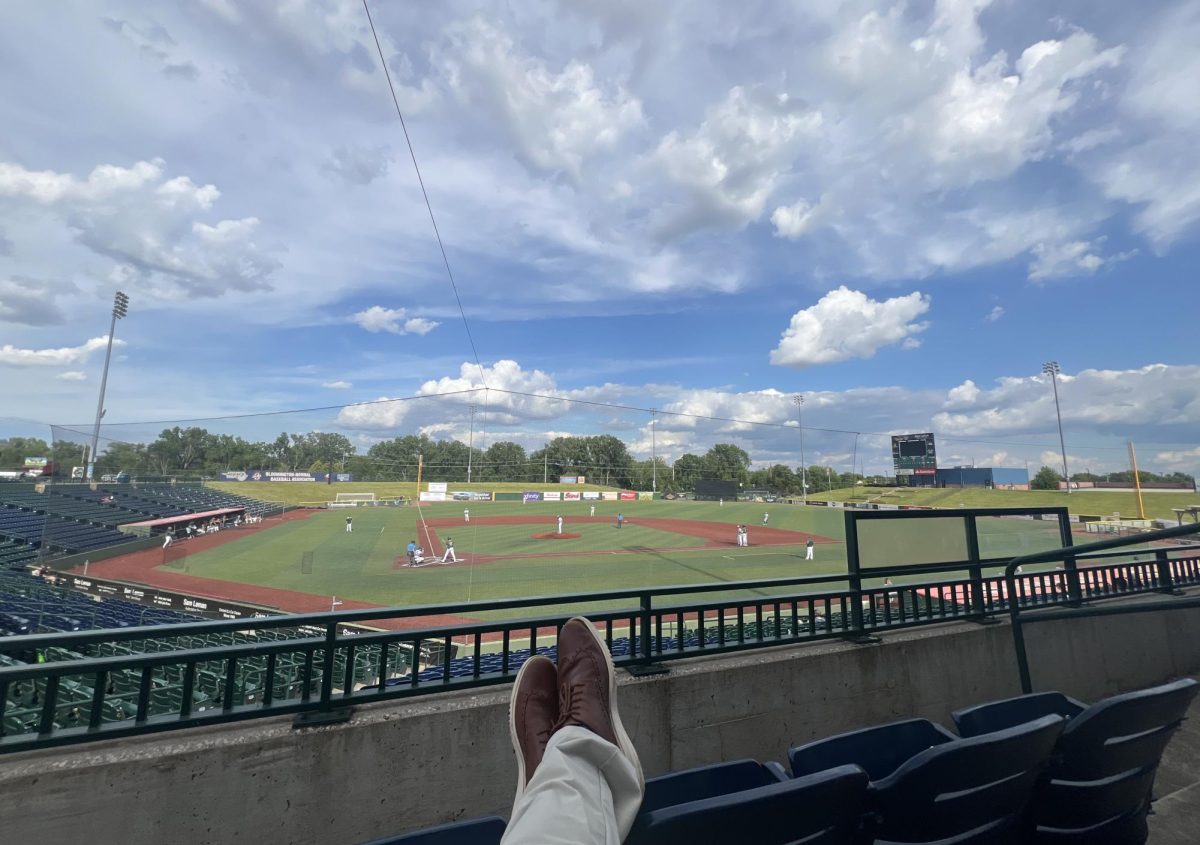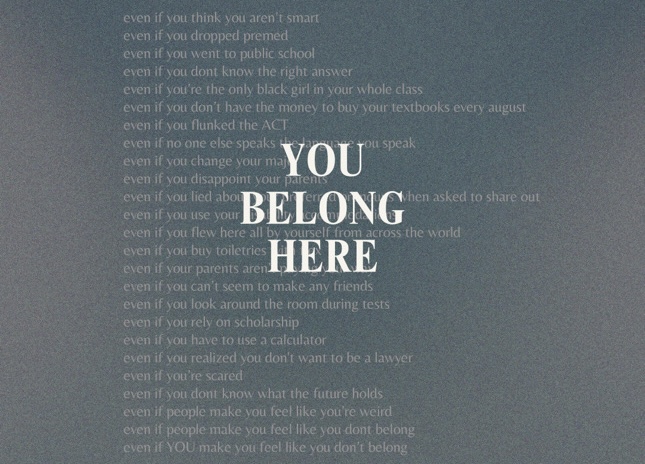Ever since Hamas launched an attack on civilians on Oct. 7, 2023, Israel has ruthlessly retaliated. As I write, more than 26,400 people have died in the Gaza war. At least 10,000 children have been killed by Israel’s military operations in the Gaza Strip. Israel has been terrorizing Palestinians for far longer than October of last year. Israel has been militarily occupying the West Bank since 1967 and violating the human rights of Palestinians by illegally settling land beyond the green line, restricting Palestinians’ freedom of movement and generally suppressing civil liberties.
Under this nightmarish regime, which can only be described as apartheid, Palestinians are subject to Israeli military rule and its laws but have their political voices suppressed and are unable to vote in the elections of a government that rules them. Israelis, on the other hand, not only are the only ones who can vote, but West Bank settlement is encouraged by the government and their interests are prioritized. The Israeli government has even handed out weapons to these settlers under the guise of “protection”. And since Oct. 7, 2023, 300 Palestinians in the West Bank have been killed by either Israeli Troops or settlers.
Gaza has been described as the “world’s largest open air prison” because Israel has put a near total ban on Palestinians entering or leaving Gaza, granting few exceptions. Many international NGOs consider Gaza to be under occupation despite Israel’s withdrawal of military forces in 2005. On top of that, Israel controls Gaza’s water and electricity and has shut off access to them, and have done so recently amidst the current war.
Given all this, many people from around the world, including myself, have viewed Israel’s actions as morally abhorrent and must be stopped. Many are currently deeply frustrated with the President’s unwavering support and deferment to Israel. Too many people have died and we demand Israel stop its onslaught. Myself and many others have contacted our representatives and gone to protests demanding our leaders pressure Israel into a ceasefire.
In addition to these actions, many people have called for boycotts of companies that operate in Israel, or in some way support Israel’s actions against Palestinians. This is not a new phenomenon, the Boycott, Divestment, and Sanction movement has existed since 2005. But curiously Starbucks has been the focal point of these boycotts in recent months. Social media posts claim that Starbucks is “funding genocide” and people have gathered outside Starbucks locations and chant slogans like “Starbucks Starbucks you can’t hide, you make drinks for genocide”. A location in Oakland, California was graffitied with the statement “Caution: contents may fund genocide.” But amidst all this criticism and backlash, hardly anyone can describe HOW Starbucks facilitates genocide.
Starbucks has not had a location in Israel since 2003. Not because of any political reasons, but just because the business failed to catch on. The last time Israel had a Starbucks location, there was only one Shrek movie and many students here at SLU were toddlers, infants or not even alive at all. If the goal of the boycott is to stop Israel from committing atrocities against the Palestinian people, choosing to boycott Starbucks as the cause célèbre of the Free Palestine movement is, to say the least, incoherent.
In addition to being a displacement of anger, the evidence of their effectiveness is pretty mixed. According to Americus Reed II, Professor of Marketing at the University of Pennsylvania, “For short-term effects, there are quite a few. They’re little blips in the radar when brands have these crises. The long-term effects are much less prevalent because it’s – these sorts of things just don’t last that long.” More likely, brands take a reputation hit rather than a long term decline in sales. There is even evidence that boycotting as a tactic is becoming less effective due to political polarization. The ones that tend to work are the ones that garner the most media attention. But even with Starbucks taking a reputation hit through social media, how are they supposed to stop doing actions they already do not do to begin with?
This is not even the first time Starbucks has been levied with accusations of this sort. Rumors of this sort have been circulating since 2009 when a prank chain letter circulated in Egypt that was taken seriously by some, and Starbucks in 2014 had to issue a statement saying they do not fund the IDF.
So, how did we even get here? It started because the Starbucks Union Twitter account posted a tweet in support of Palestine to which Starbucks responded by suing the union. Many people were angry about this and subsequently called for a boycott. Starbucks’ justification was that it did not want consumers getting confused and thinking that the company was taking a stance. Ironically, none of this probably would not have happened if Starbucks simply said nothing at all, as suing the union initially got them negative attention. Over time this event got misinterpreted through a game of social media telephone, built off of previous false rumors. So much so that now the boycott was aimed at stopping a genocide. Eventually people got so wrapped up in justified righteous indignation at Israel’s crimes they wanted to do something, and wanted to feel like they were doing something. Instead of doing the bare minimum and fact check what posts on social media said, people took statements like “Starbucks funds the IDF” at face value and ran with it, creating an incoherent narrative that a private company, whose goal is to make a profit, would spend their money to fund a national army.
Starbucks is not the only company to befall a histrionic social media fueled boycott. The Spanish fashion retail company Zara is the target of a boycott as well because images in an ad campaign reminded some people of images from the Israel-Gaza war, with some even claiming that the company was maliciously mocking Gazans or people who thought the campaign was insensitive given the timing. The photos were planned and shot before the outbreak of the conflict, but that does not seem to matter to people swept up in the moment. The Zara boycott is more insane and nonsensical than the Starbucks boycott. The latter was formed by ill communication of an event that actually occurred and telephone but the former was conceived by people squinting at the photo, tilting their head and deciding that it was mocking victims of Israel’s terrorist bombing campaign. People quite literally made up something to get mad at. Reminiscent of when some fundamentalist Christians decided that Pokemon promoted satanism based off of a misunderstanding of the game mechanics and that when you listened to the Pokemon rap song in reverse, there is a line that sounds like “hail satan.”
These boycotts are merely another example of how social media scarily disseminates laughably false misinformation. And how misinformation dilutes support for worthy causes because people cannot simply take a couple minutes to google if a claim was true.









Anonymous • Mar 1, 2024 at 9:38 am
Thank you for spreading more misinformation. Starbucks has shown they do not support Palestine and you believe that by defunding a BILLION dollar company, that won’t do anything?
Ello • Mar 2, 2024 at 4:30 pm
I support palestine and i dont boycott them, i drink starbucks once a week but boycotting them is lame and wont save lives.
Markos • Feb 27, 2024 at 12:21 pm
I think itshould also be mentioned that even if boycotting was still an effective method to deal an economic blow on a company like Starbucks, that it is more likely to harm employees or even those who they source their coffee from, rsther than the organization themselves. Seeing as lots of their coffee comes from Latin America and Africa, the boycott would be trying to help one apartheid state by hurting other colonies.
Sumayya • Feb 26, 2024 at 4:24 pm
I think this is misleading. Starbucks is just ONE of the many companies people have been boycotting due to its complicity in the genocide. No one said Starbucks funds the IDF – it’s McDonalds that sends the IDF free meals. Rather, Starbucks is under fire because of how it sued its union workers, who expressed support for Palestine. Because Starbucks is an easy thing to boycott (such expensive coffee is not an essential) and a popular enough corporation that the effects would be significant and noticed by CEOs and politicians in the US, it would send a message.